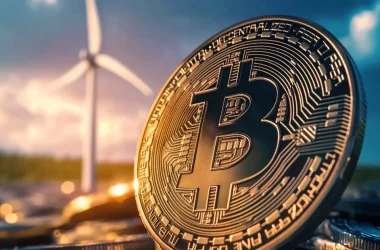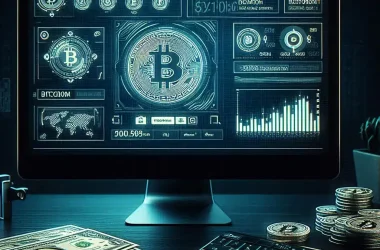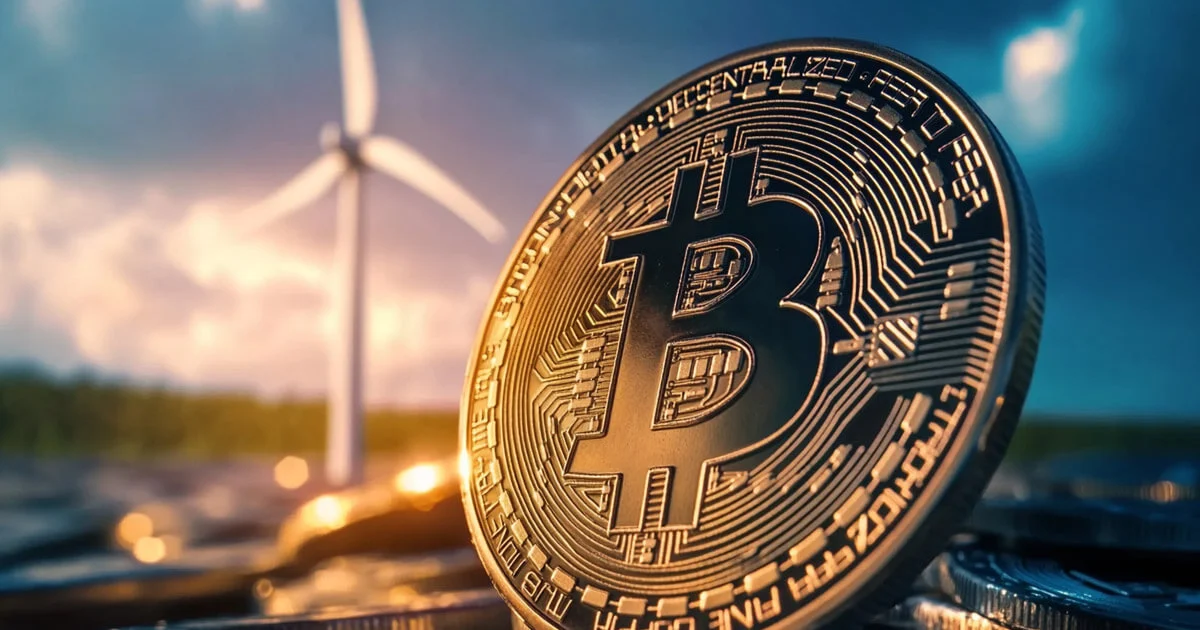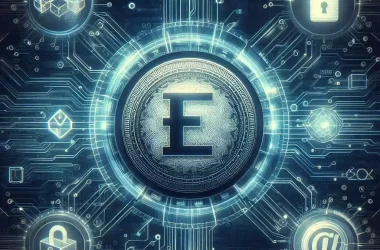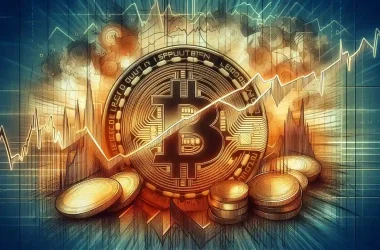The growing maturity of Bitcoin as a decentralized digital asset has sparked discussions about its potential role in national reserves, garnering attention from policymakers in the United States. Bitcoin has transitioned from an experimental asset to a recognized financial instrument, opening up new avenues for enhancing economic stability, promoting geopolitical resilience, and advancing energy policy.
Insights from the Bitcoin Policy Institute
The Bitcoin Policy Institute (BPI) recently published a detailed report outlining how the US could utilize a Bitcoin reserve to strengthen its economic position, counter adversaries, and uphold democratic values in an increasingly digital world.
Strategic Goals of a US Bitcoin Reserve
BPI posits that the establishment of a US Strategic Bitcoin Reserve (SBR) could fulfill several strategic objectives. First, it could bolster monetary stability by introducing a finite, non-debt-based asset to the national reserve alongside traditional holdings such as gold. The decentralized characteristics of Bitcoin, coupled with its capped supply, serve as a safeguard against inflation and currency devaluation. Additionally, in light of rising geopolitical tensions, a US Bitcoin reserve would empower the nation to assert its leadership in global finance and counter China’s efforts to establish alternative digital finance systems.
Renewable Energy and Bitcoin Mining
Integrating Bitcoin mining with renewable energy initiatives aligns with US climate objectives. The flexible energy demands of Bitcoin mining can support grid stability and enhance renewable energy generation. By promoting renewable energy development and mitigating peak energy loads, Bitcoin mining offers a market-driven approach to addressing energy challenges.
Addressing Concerns and Risks
Despite these potential benefits, the BPI acknowledges that concerns about inherent risks need to be addressed. Critics argue that a Bitcoin reserve could expose the US to market volatility and manipulation. Conversely, supporters maintain that such volatility is a reflection of Bitcoin’s early-stage adoption. They contend that an SBR would not be speculative but rather function as a strategic asset for economic resilience. By demonstrating confidence in Bitcoin, the US could attract investment from a digitally savvy generation and bolster global dollarization through Bitcoin-backed stablecoins.
Conclusion
In summary, as digital finance transforms global economic power dynamics, the BPI believes that a Strategic Bitcoin Reserve could provide the United States with an opportunity to enhance the stability of its financial system, uphold democratic values, and meet energy goals—all while maintaining the dollar’s dominant position in the global economy.
The post Bitcoin Policy Institute releases paper on Bitcoin as a strategic reserve asset appeared first on CryptoSlate.


